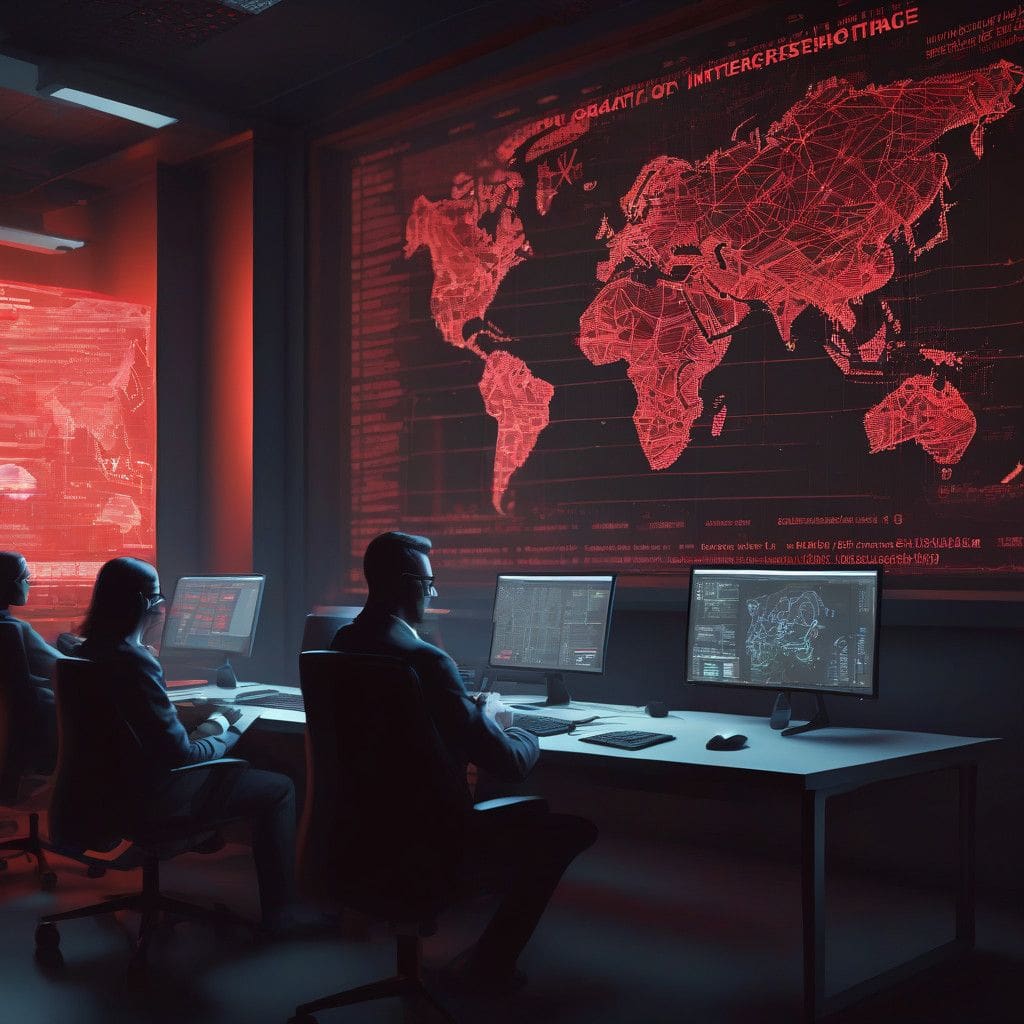The Internet Archive, known for its role as the world’s largest digital library, is currently facing significant cybersecurity challenges. This situation arises as the organization attempts to recover from a series of cyber-attacks. On October 20, users reported receiving an email that appeared to originate from the Internet Archive Team, revealing a stolen access token for the library’s Zendesk account. This incident has triggered concerns regarding the security of the vast information housed within the Archive.
The email claimed that the Internet Archive had failed to rotate several exposed API keys, including one linked to over 800,000 support tickets archived since 2018. Alarmingly, the message seemed legitimate as it passed security checks, indicating it might have come from an official Zendesk server. Security experts, including the group Vx-underground, believe that hackers may have ongoing access to the Archive’s systems, suggesting unresolved vulnerabilities.
Such a breach could have widespread implications. Jake Moore, a cybersecurity expert at ESET, emphasizes that rapid audits are crucial following such incidents. Attackers often revisit their targets to exploit new weaknesses. This perspective highlights the urgency for the Internet Archive to conduct thorough security assessments to safeguard its infrastructure.
The recent cyber threats the Internet Archive faced included distributed denial-of-service (DDoS) attacks, website defacement, and a significant data breach. The pro-Palestinian hacktivist group, BlackMeta, took responsibility for the DDoS attacks; however, the data breach stemmed from a different actor. Reports indicate that the compromise was made possible through an exposed GitLab configuration file, which allowed the perpetrator to download source code and sensitive information, including the Zendesk API tokens.
Experts point out that the attack may have compromised more than 800 support tickets, raising vital concerns about user privacy and data integrity. Despite criticism for failing to rotate API keys and properly secure access points, both the Internet Archive and its founder, Brewster Kahle, have not yet publicly addressed the issue. Additionally, both the Internet Archive and GitLab have been slow to respond to inquiries for further details.
The complexity of the situation illustrates the pressing need for robust cybersecurity measures in digital institutions. Ev Kontsevoy, CEO of Teleport, stresses that having a comprehensive understanding of access relationships is invaluable in managing incidents without unnecessary disruption. Without such knowledge, organizations may struggle to effectively respond to and mitigate effects of attacks.
This incident serves as a stark reminder of the vulnerabilities faced by digital libraries and repositories worldwide. Moving forward, the Internet Archive must act swiftly to close security gaps and protect its assets. The organization’s response will not only influence its ability to safeguard its resources but also set a precedent for the cybersecurity practices of similar institutions.
As the technology landscape evolves, institutions need to prioritize a proactive approach to security. Implementing regular audits, updating security protocols, and training staff on best practices can significantly mitigate risks. It is essential to recognize that cybersecurity is not merely an IT issue but a fundamental aspect of organizational health.
In conclusion, the recent cybersecurity breach at the Internet Archive highlights the challenges digital institutions face in securing their systems. With evidence suggesting potential ongoing access by malicious actors, it is imperative for the Internet Archive to take immediate action. Strengthening security measures not only protects its own resources but also reinforces trust within the user community that relies on its valuable collection of information.












